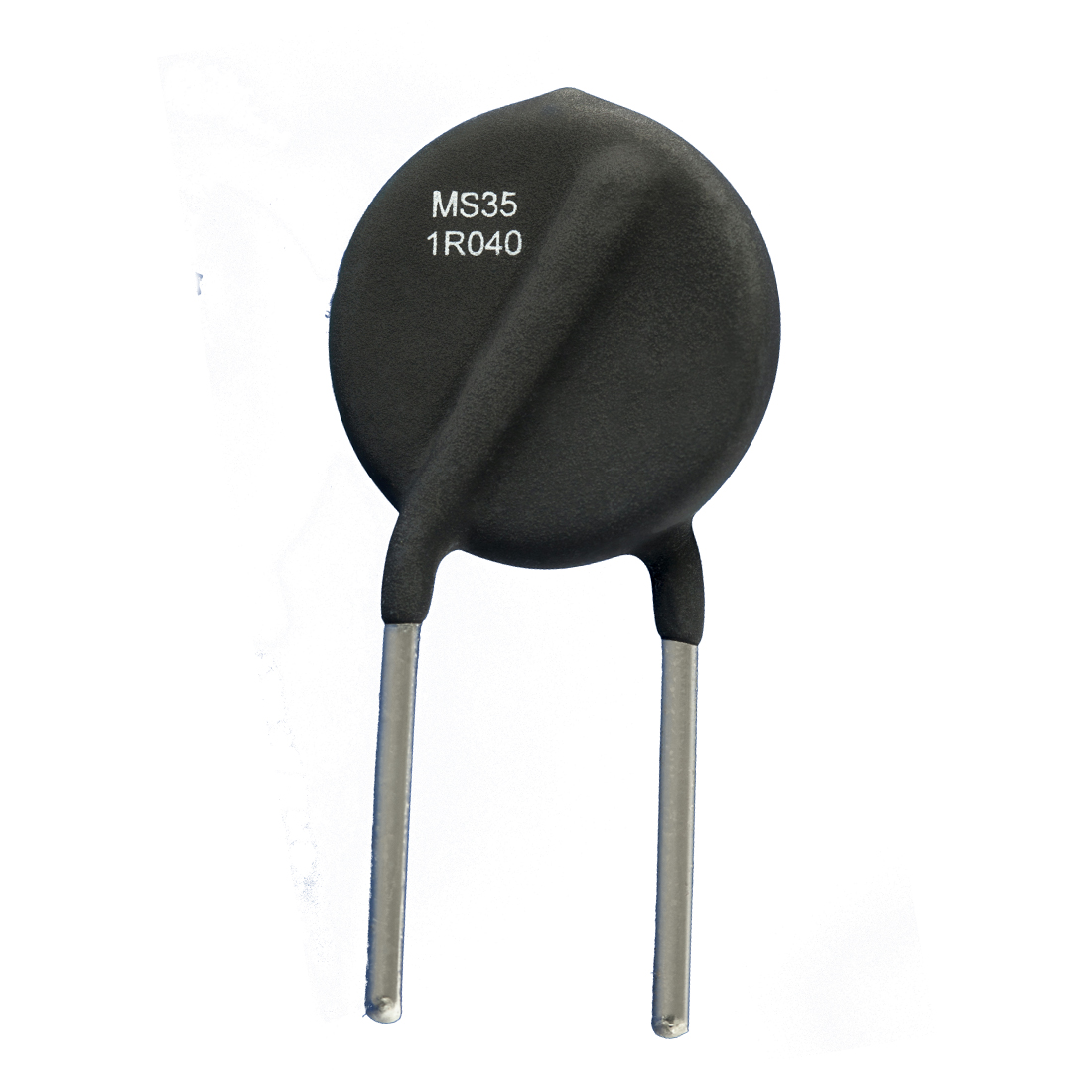What size capacitor would I need for mitigating power dips and spikes when larger loads start or stop? AC, stove, washing machine, etc....
Also my washing machine does not like the power output from a single LVX 6048, it does better when I run 2 in parallel but it is still not working properly, it works fine on grid power. Will a capacitor help with this problem?
Also my washing machine does not like the power output from a single LVX 6048, it does better when I run 2 in parallel but it is still not working properly, it works fine on grid power. Will a capacitor help with this problem?



